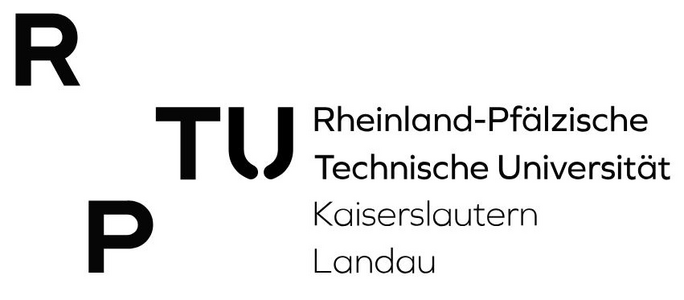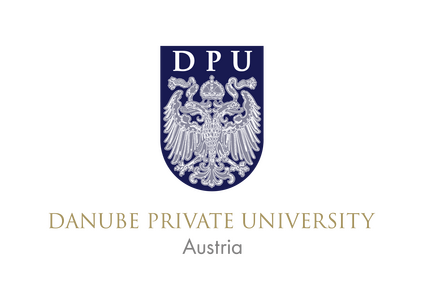Rostock: University, Population, Highlights
Working and living in Rostock on the Baltic Sea

Rostock: Researcher's paradise on the Baltic Sea © JuliaBoldt / pixabay.com
Rostock is the largest town in the state of Mecklenburg-Western Pomerania on the Baltic Sea. The university in Rostock is not only one of the oldest in Germany but also in the world and has rather a grand history. Take a look at a beautiful city that has a lot to offer, especially for scientists.
Updated: 2023-10-10
Rostock as a research location
The University of Rostock is the third oldest in Germany and a number of famous minds have graced its hallways. The Nobel laureates Karl von Frisch and Albrecht Kossel as well as the former German president Joachim Gauck were all at the university at one point in their careers. The University of Rostock alone offers more than 70 degree programs at nine faculties in numerous disciplines. The focus for research in the town are demography, biology and medicine.
It is, therefore, no surprise that the Fraunhofer Institutes for applied sciences make a good showing here, with the institutes for Computer Graphics Research, for Large Structures in Production Technology and Smart Ocean Technologies being found in the town. The Max Planck Institute for Demographic Research and several Leibniz Institutes including those for Catalysis, Atmospheric Physics and Baltic Sea Research add even more variety in the academic landscape.
Finally, Rostock is also famed for its medical research and is home to the research and teaching hospital, the University Clinic of Rostock. The hospital runs a number of enterprises, one of them the Albrecht Kossel Institute of Neurodegeneration.
History
Rostock can trace its origins back to the 11th century when it was a settlement for Slavic settlers and the name of the town comes from the Polabian language meaning 'where the river becomes wider'. This original town was then burnt down but was re-established by merchants later in the 12th century.
The town gradually grew and became an important town for the construction of ships. However, Rostock lost its influence over the new few hundred years due to continual clashes with the local duke who tried to force the citizens to recognise to his authority. Eventually in 1573, the question of who held the power in Rostock was resolved and stability once again reigned until the outbreak of the Thirty Years' War.
In the 20th century, Rostock has also been through peaks and troughs, as it has seen it's once great port bombed to the ground by Allied raids. At the end of the war, it found itself in the occupied zone of Germany under Soviet administration and became the engine room for manufacturing goods in the GDR. After reunification, however, it once again saw an economic downtown as production and a large number of its residents moved to the west.
Living in Rostock
With about 200,000 inhabitants, Rostock is a cozy, medium-sized city, but it has a lot to offer. Even though the housing market is much more relaxed than in big cities like Munich, Berlin and Hamburg, nice, affordable apartments in Rostock are still not easy to find due to its attractive location on the Baltic Sea.
Rostock's economy is largely based on tourism and as such there are a number of great sights and pass times for visitors and residents alike. Much of the town was originally built in the Gothic style and there are a number of buildings that have survived as prime examples of this kind of architecture such as the Kerkhofhaus and St. Mary's Church. There are also a number of concert halls, museums and theatres to keep anyone busy of an evening. The University of Music and Theatre puts on a number of performances throughout the year but there also numerous concerts at the multiple churches in the town and the Volkstheater.
Last but not least, the location by the sea offers an extremely high quality of life: anyone who enjoys water sports or spending time on the beach will feel right at home in Rostock.
What Rostock is known for
Rostock is one of the Hanseatic cities which means it belonged to the Hanseatic League in the late Medieval and Early Modern periods. Originally this was a commercial confederation which also supplied military support to its members if one of them was attacked. Now, the title does not mean anything concrete, but it is one of a number of coastal cities still proud of their position in this historic group and still is home to a large and busy passenger and trade port.
Rostock is also home to the Hanse Sail festival when ships of all ages and sizes gather in the Baltic around the city's port. This is famous throughout the region, as is the music festival Ostsee-Jazz which attracts some first-class performers. Rostock is truly a town that is succeeding in shaking off the common problems and stereotypes faced by cities in the former GDR and is thriving culturally, economically and academically.








